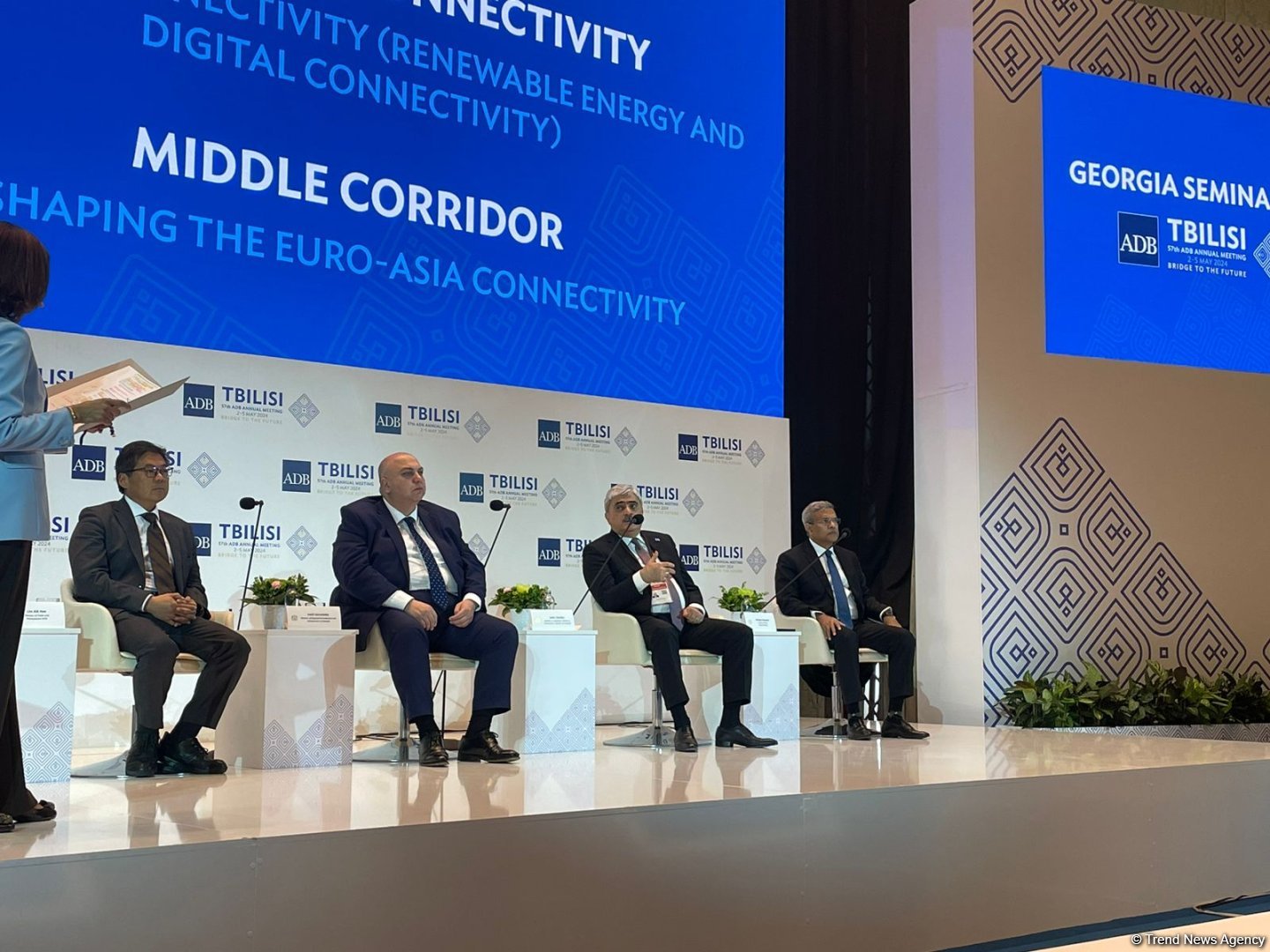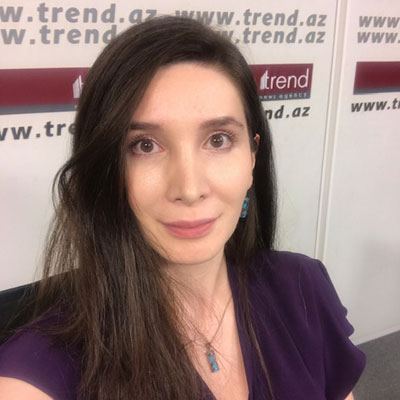TBILISI, Georgia, May 2. Digitalization of all customs procedures needs to be ensured, Minister of Finance of Azerbaijan Samir Sharifov said during the Enhancing Connectivity: European Connectivity (Renewable Energy and Digital Connectivity) Middle Corridor (Reshaping Euro-Asia Connectivity) and Collaborative Fintech Community: Building on the Middle Corridor Momentum panel discussions at the 57th ADB Annual Meeting in Tbilisi, Trend reports.
He mentioned that Azerbaijan has invested significant amounts in the construction of a new port complex, and the expansion process is ongoing.
"We've allocated substantial funds into the railway," he emphasized.
According to him, the Middle Corridor is not just a railway connecting national highways. "Another branch of this corridor is available - the connection of fiber-optic communication from Azerbaijan to the Black Sea ports of Georgia, then to Europe," Sharifov noted.
He also pointed out that digitalization will be a crucial response to issues regarding the Middle Corridor.
"We need to digitize customs procedures there. There's a growing understanding that this is an important alternative, and we should continue to bring more goods and logistics into this route. This corridor is a very important asset," he added.
The theme of the 57th annual meeting, scheduled for May 2 to 5, is "Bridge to the Future".
The first session of the Board of Governors will take place on May 4. The opening will mark the official start of the annual meeting. This event is attended by distinguished guests from the host country. Statements will be made by ADB President Masatsugu Asakawa and the Minister of Finance of Georgia, Chairman of the ADB Board of Governors, Lasha Khutsishvili.
The annual meeting provides ADB governors with the opportunity to discuss development issues and challenges facing the Asia-Pacific region. Several thousand participants regularly attend the meeting, including finance ministers, central bank governors, high-ranking government officials, representatives of the private sector, international organizations, civil society organizations, youth, academia, and the media.







